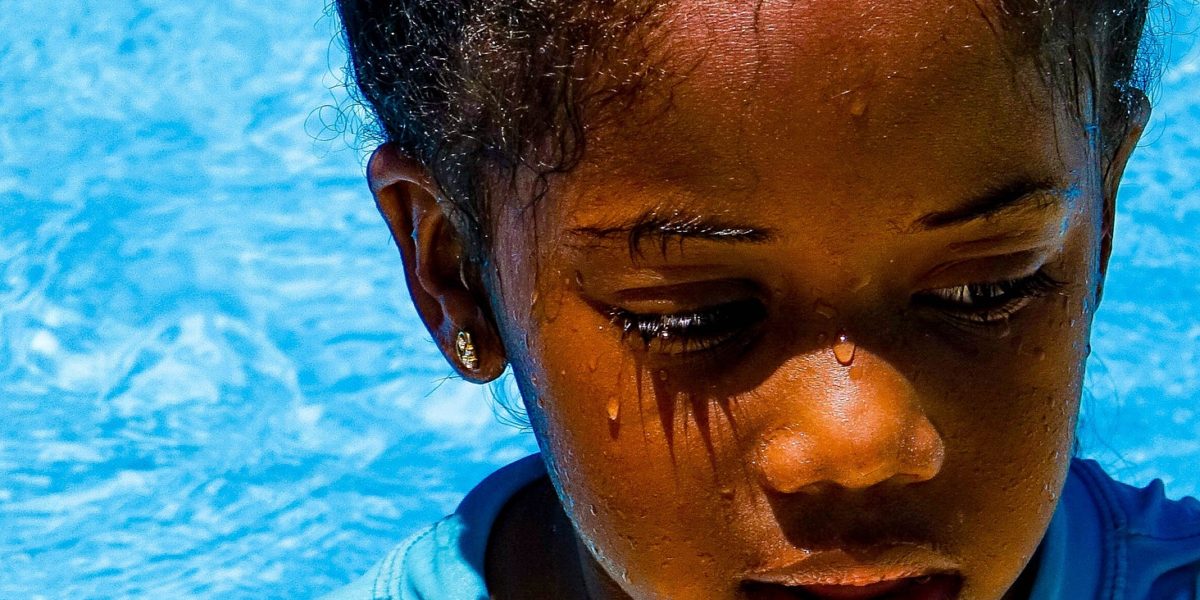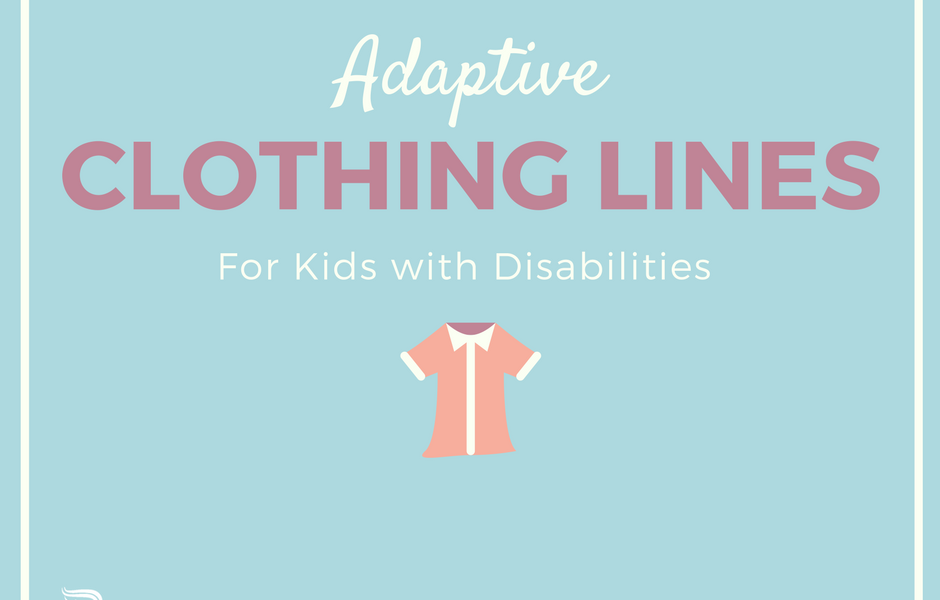It can be difficult to find sports, recreation, and fitness opportunities for kids with disabilities, especially in the winter months. Here are a few ideas to get your child with disabilities involved in a sport or activity this winter! Southeastern Michigan YMCA of Metropolitan Detroit Adaptive Social Club: Brings groups of peers with disabilities together […]
What Is Aqua Therapy?
Aqua therapy, also known as “aquatic physical therapy” and “hydrotherapy,” is an evidence-based practice aimed at helping patients with a wide variety of conditions. As with other forms of physical therapy, aqua therapy involves: Oversight of a licensed practitioner and Adherence to an individualized plan of care Aquatic physical therapy should be used in addition […]
Adaptive Clothing Lines for Children with Disabilities
With increasing numbers of companies offering adaptive apparel for children, it can be hard to find offerings that both prioritize functionality and fun fashion options. We’ve found a few clothing companies have recently launched lines specifically for children with disabilities and were designed with current trends in mind. *Please note that we have no affiliation […]
The Straw Ban: Balancing Environmental Concerns with Disability Rights
Each day, Americans use approximately 500 million drinking straws, enough to fill 46,400 school buses every year! According to World Wildlife Fund (WWF) Australia, an plastic straw takes 200 years to decompose on average. They either end up in landfills or make their way to the ocean, contaminating fresh drinking water, choking marine life, and […]
Finding Accessible Vacation Destinations and Activities
Many popular travel guidebooks and websites fail to provide details on whether certain destinations or activities are accessible to people with disabilities. To help you plan a vacation that your entire family will be able to enjoy regardless of their specific needs, check out these online resources: Lonely Planet’s Accessible Travel This pdf is available […]




![Trash from the Great Pacific Garbage Patch that washed up in Hawaii. By Justin Dolske from Cupertino, USA (Beach trash) [CC BY-SA 2.0 (https://creativecommons.org/licenses/by-sa/2.0)], via Wikimedia Commons](https://hiehelpcenter.org/wp-content/uploads/2018/08/Great-Pacific-Garbage-Patch-1200x600.jpg)
